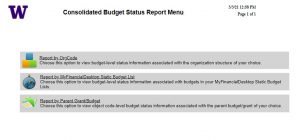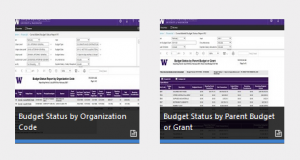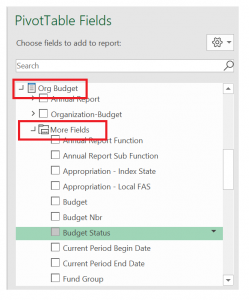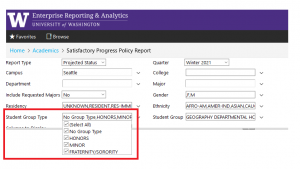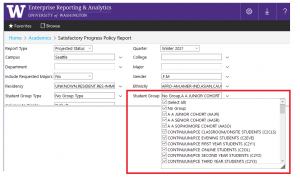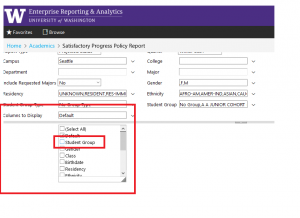Procurement Credit Card Spend Data Now Matched to True Supplier
In October of 2018, a project was initiated to capture all suppliers from the University’s Procurement Accounting System (PAS) in the Enterprise Data Warehouse (EDW). The project was comprised of three major steps:
- First, to capture all existing Suppliers from the PAS system in EDW
- Second, to secure all Spend financials and diversity indicators attributed to those suppliers
- And last, to attribute Procurement Credit Card transactions to the true supplier, not simply the credit card merchant (JPMorganChase)
In late January 2021, this final planned enhancement to the EDW for the PAS spend and diversity data was completed.
What’s New
Now, users who query the EDW for procurement data have the ability to see credit card (Procurement Card, ProCard) transactions attributed to the true suppliers of those transactions. Rather than the default supplier designation of JP Morgan Chase, procurement card transactions show the true supplier*. With the true supplier designations for the majority of credit card transactions, users can easily determine which transactions were made with diverse suppliers (e.g. women-owned, veteran-owned and minority-owned businesses).
The credit card transaction data provides specific supplier information which in turn, provides details for diverse spend. The PAS data in the EDW shows:
- Over half a million ProCard transactions assigned to the true supplier
- Over 140,000 ProCard transactions assigned to diverse suppliers
Why This Matters
Accurate, secure and accessible data is critical for:
- Financial Transformation
- Regulatory reporting requirements
- Department analysis, accountability, and decision-making
- The University’s commitment to diversity, equity and inclusion efforts
What Can This New Data Tell You?
- In the calendar year XXXX, how much did my department spend with diverse suppliers?
- In fiscal year XXXX, what percentage of our credit card transactions were attributed to diverse suppliers?
- In the last biennium, which diverse suppliers did the majority of our credit card transactions go to?
- And more
The project to provide this much needed PAS data is the result of the successful partnership between Ann Anderson, Associate VP, UW Finance, Doug Divine, Director, DATAGroup/Global Operations Support, Financial Management and the UW-IT Information Management division.
Business Analysts can execute SQL queries to access and analyze PAS data. See Eric Elkins’ Knowledge Base Article for basic queries and additional insights into using PAS data in the EDW.
To access EDW data, you need to be authorized via ASTRA. To get more information on accessing the EDW, click the link below.
If you have questions or need support, please send your correspondence to help@uw.edu with “EDW PAS data” in the subject line.
_____________
*Please Note: Due to some technical limitations in the data provided by JPMorgan Chase, not all true suppliers can be attributed to procurement credit card transactions.
